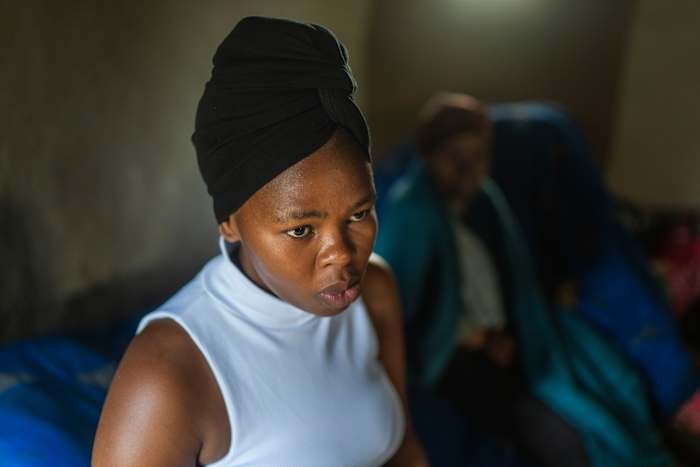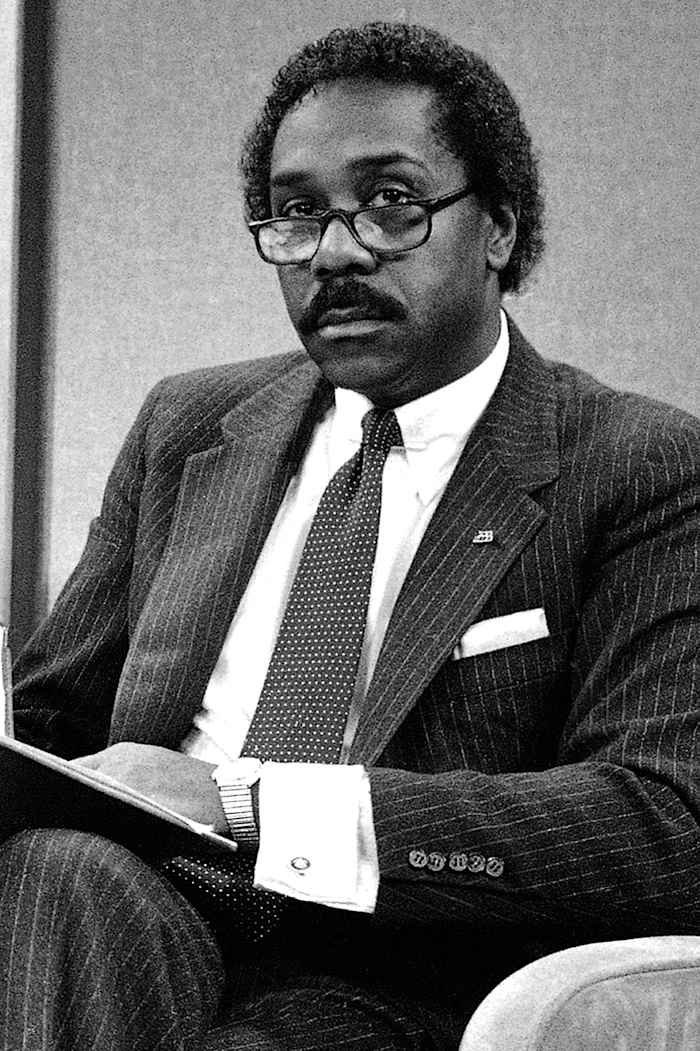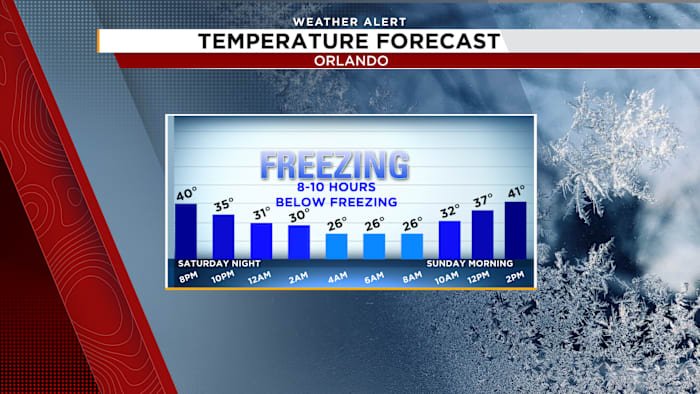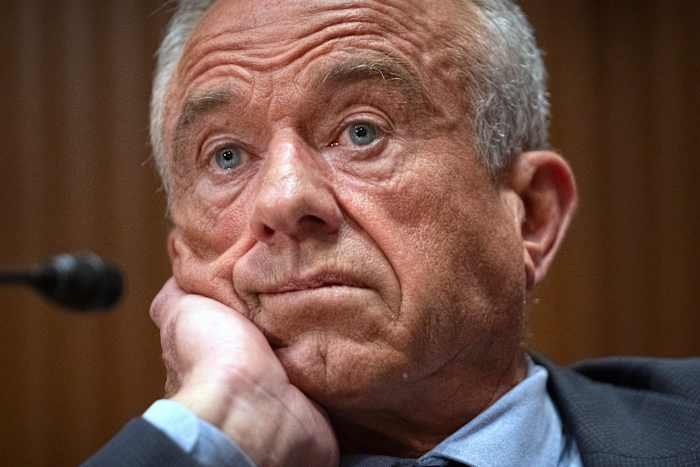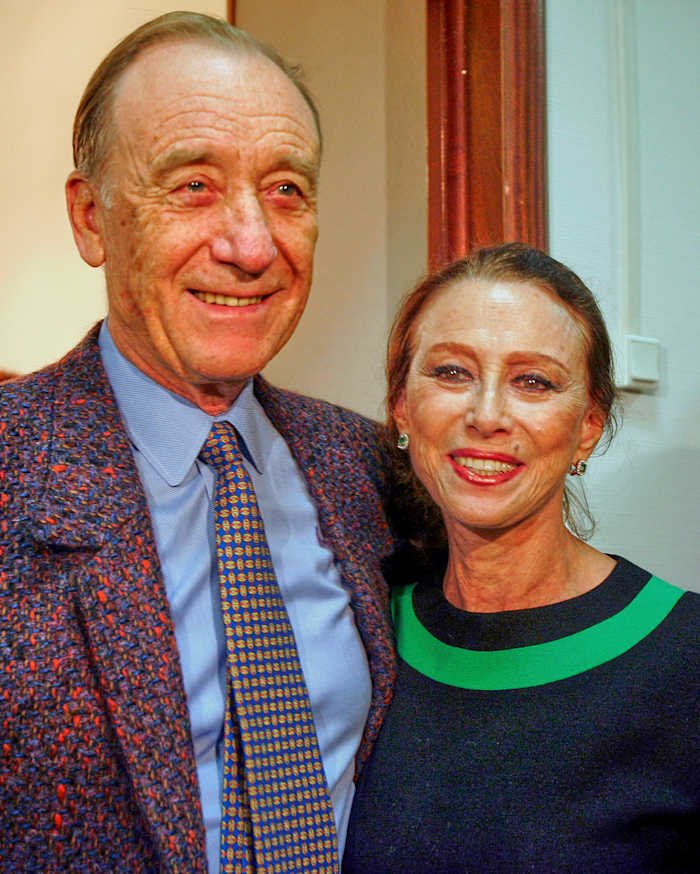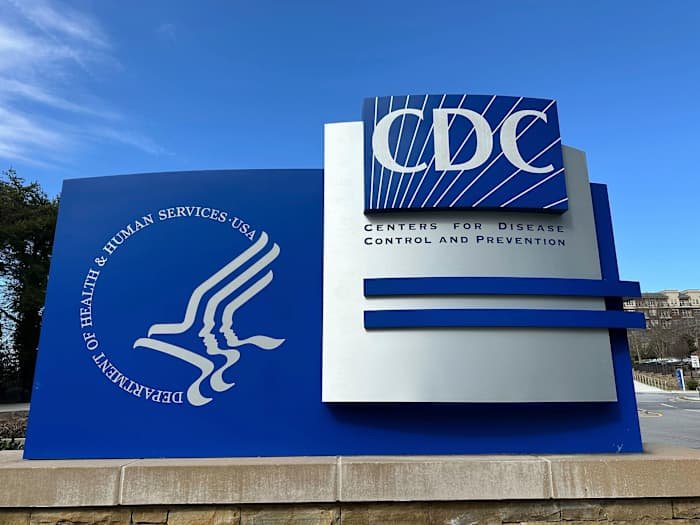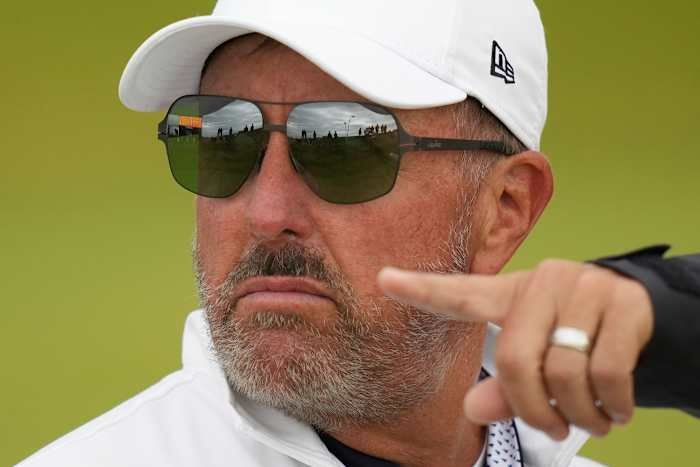South Africa says Trump's aid cuts stripped more than 8,000 health workers from its HIV program
The global fight against HIV/AIDS has long depended on international cooperation and strategic funding. Recently, South African officials revealed that more than 8,000 health workers in their national HIV program lost their jobs due to aid cuts made during the Trump administration. These cuts, which heavily impacted USAID and related support, threaten to reverse years of progress in HIV prevention and treatment. While this news comes from thousands of miles away, its ripple effects are felt even in communities like Orlando—home to a large diaspora and a population invested in global health and humanitarian efforts.
Background: The Role of US Aid in South Africa’s HIV Program
For decades, the United States has played a crucial role in combating the HIV epidemic worldwide, particularly in sub-Saharan Africa. Through agencies like USAID and programs such as PEPFAR (President’s Emergency Plan for AIDS Relief), the US has provided funding, expertise, and personnel to countries hardest hit by the disease. South Africa, which has one of the world’s highest HIV prevalence rates, has heavily relied on this support.
Under the Trump administration, however, significant funding cuts were implemented. South African officials report that more than 8,000 health workers—nurses, counselors, community health educators, and support staff—were removed from the national HIV program as a direct result. This left clinics understaffed, vaccines and treatments delayed, and community outreach efforts severely weakened.
Impact on South African Communities and the Global Fight Against HIV
These workforce reductions have had immediate and devastating consequences in South Africa. With fewer trained professionals, the country’s ability to test, diagnose, and treat HIV-positive individuals has been compromised. According to South African health advocates, there’s already been a noticeable decline in the number of people accessing antiretroviral therapy, and an increase in new infections in certain regions.
The disruption of HIV services not only threatens public health in South Africa but also undermines global progress. The World Health Organization has warned that setbacks in one region can contribute to the resurgence of the disease worldwide. As Orlando continues to welcome immigrants, students, and travelers from around the world, maintaining global health standards is crucial for local safety and wellbeing.
Orlando’s Connection: Local Implications and Community Response
Orlando is home to a diverse population, including a sizeable African diaspora and a community deeply engaged in international development and health initiatives. Local organizations, churches, and universities frequently partner with global health programs, including those in South Africa. Cuts to USAID not only jeopardize the health of people abroad but also disrupt these valuable collaborations.
Moreover, Orlando’s medical and research communities, including institutions like UCF and AdventHealth, have participated in research and exchange programs related to HIV/AIDS. The loss of thousands of health workers in South Africa could mean fewer opportunities for Orlando-based professionals to engage in fieldwork, research, and humanitarian efforts. The city also has advocacy groups and nonprofits that rely on international partnerships to further their missions—partnerships now at risk due to diminished resources.
Looking Ahead: Restoring Global Health Partnerships
The Biden administration has signaled intentions to restore and increase funding to global health initiatives, but the damage done by previous cuts will take time to repair. Rebuilding South Africa’s HIV workforce and restoring services will require renewed commitment from international partners, including the US government and private donors.
For Orlando, this is a moment to reflect on the interconnectedness of global health. Local policymakers, health professionals, and community leaders can advocate for robust foreign aid and support organizations that bridge the gap between local and global health challenges. By raising awareness and remaining engaged, Orlandoans can play a role in ensuring that setbacks abroad do not translate into crises at home.
Conclusion: Share Your Thoughts
The loss of more than 8,000 health workers in South Africa’s HIV program is a stark reminder of how international decisions can impact lives far beyond their borders. As Orlando continues to grow as a diverse and globally connected city, these issues matter here at home. We’d love to hear your thoughts: How do you think our community should respond to global health challenges like this? Leave a comment below and join the conversation!

